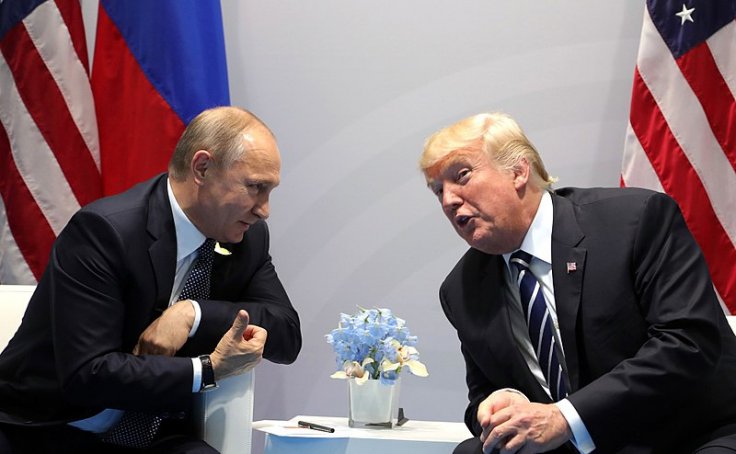While China and North Korea have been in the center of criticism for running state-backed hacking activities over the years, it is now confirmed that the U.S. also has conducted cyberattacks in 2018 against the Internet Research Agency of Russia.
The Russian agency is a troll farm blamed by the U.S. authorities for helping to facilitate interference both in the 2016 presidential election and the 2018 midterms. As per a recent report by Washington Post, Trump told during an interview with columnist Marc Thiessen, who is the former speechwriter for President George W. Bush and Defense Secretary Donald Rumsfeld, that the U.S. did launch a cyberattack targeting Russia.
Straight From the Horse's Mouth
As per the report, during the interview, Trump was asked whether he had launched a digital strike, and Thiessen wrote in the paper that Trump replied, "Correct."

Trump told Thiessen, in 2016 then-President Barack Obama knew before the Presidential election that "Russia was playing around. Or, he was told." He said Obama did not say anything about it as "he didn't want to touch it because he thought [Hillary Clinton] was winning because he read phony polls. So, he thought she was going to win. And we had the silent majority that said, 'No, we like Trump.' "
But Trump acted on intelligence the US had about Russia's election meddling by launching the cyberattack. Trump told the interviewer, "Look, we stopped it." He explained that the attack on Russia was part of a broader policy to confront the country and added that "Nobody has been tougher on Russia than I have."
However, in 2019, during a different interview, U.S. President Donald Trump was asked about a report which claimed Trump personally authorized a digital attack on Russia, and he said, "I would rather not say that." During the interview with Steve Hilton, Trump did not give clarification about the attack but said "you can believe that the whole thing happened, and it happened during my administration."
When Trump was asked by Hilton why he did not talk about the cyberattack earlier, he replied "because they don't like me to talk, intelligence says, 'please don't talk intelligence.'" He also added, "You know sometimes intelligence is good, and sometimes you look at (James) Comey, and you look at (John) Brennan and you look at (James) Clapper, and I'm supposed to believe that intelligence? I never believe that intelligence."
Election Is Not the Only Target
As per the analysis conducted by cybersecurity firm Emsisoft, in 2019 alone, an unprecedented number of US governments, healthcare providers, and educational establishments were impacted by cyberattacks, specifically by ransomware campaigns. Their report has revealed that at least 966 entities were attacked draining away about $7.5 billion.

Even though as per the experts at Emsisoft, from January to April 2020, the number of successful attacks on public sector entities decreased month-over-month as the Coronavirus crisis worsened, "We are, however, seeing a reversal in that trend with the number of incidents now starting to increase."
Their finding showed that at least 60 government entities, including cities, transportation agencies, police departments, and one federal agency, were impacted by ransomware during the first two quarters, while at least 41 hospitals and other healthcare providers were successfully attacked during Q1 and Q2.
The cybercriminals also targeted at least 30 school districts and other educational establishments via ransomware campaigns, disrupting operations at 439 individual schools. The firm alleged that the NetWalker group was responsible for three attacks on U.S. universities.









